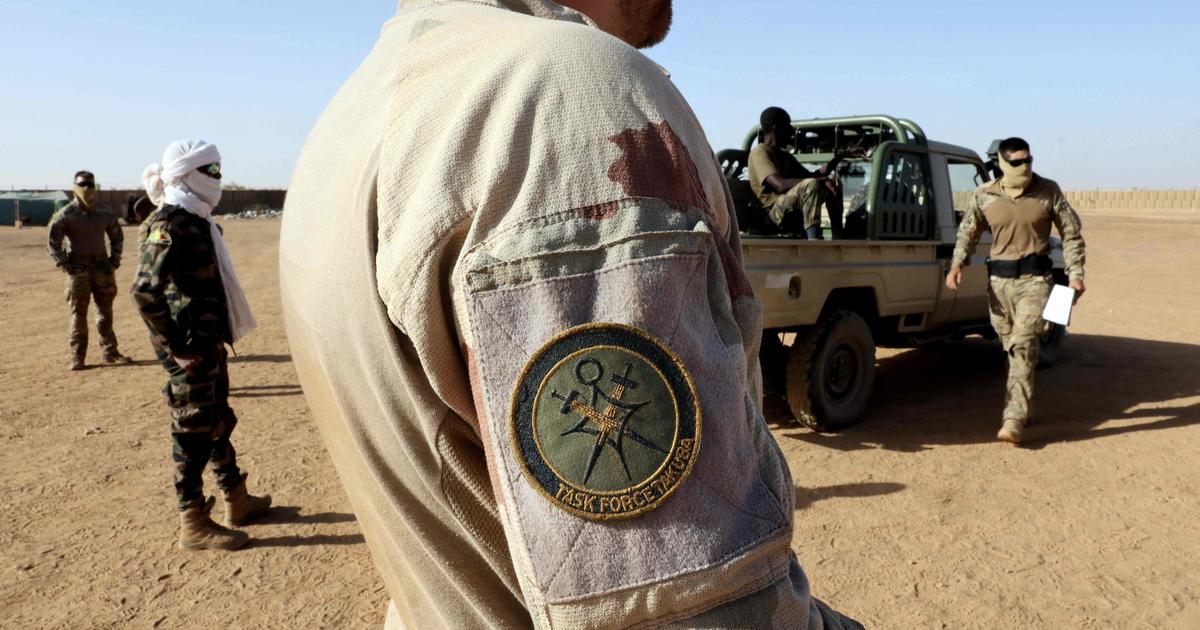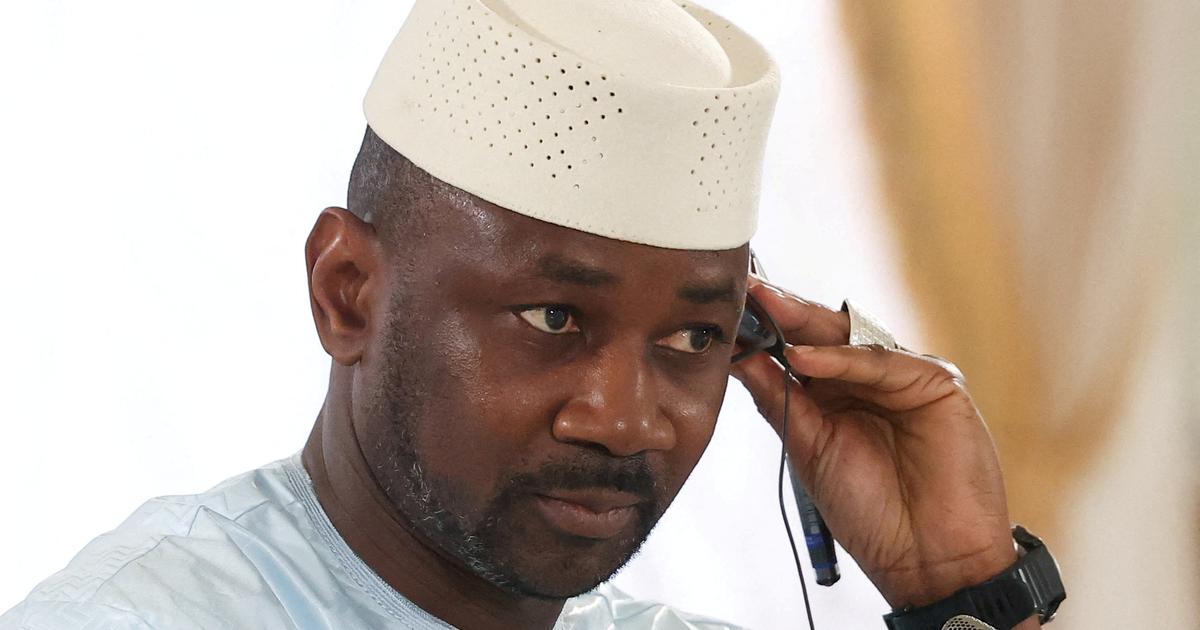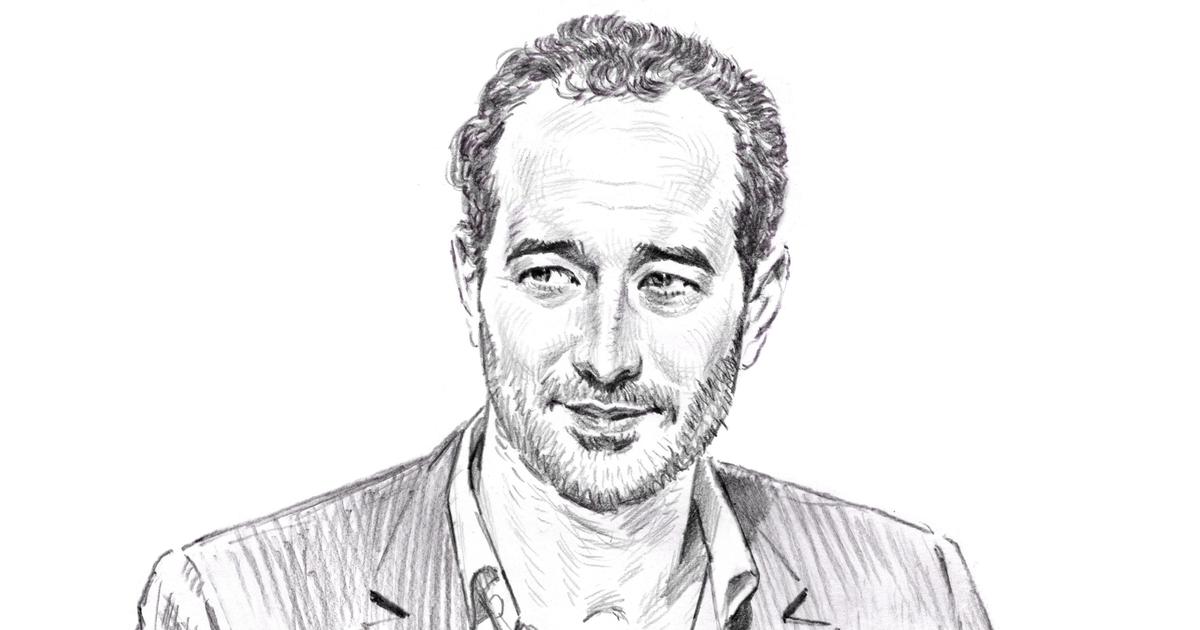Today, jihadist conflicts are part of the political situation in West Africa, given the resistance that militant Islamist groups pose to the various campaigns that are launched to counter them.
According to the 2022 World Terrorism Index, three of the ten countries most affected by terrorism in the world in 2021 are in the Sahel: Niger, Mali and Burkina Faso.
Similarly, ten of the 20 deadliest attacks last year occurred in this region.
In 2022, most members of the Economic Community of West African States (ECOWAS) are fighting various forms of militant Islamism.
Their presence is intensifying towards the south, towards the western coastal African countries;
in particular, those bordering the Sahel, such as Benin and Togo, which have recently suffered attacks.
These events are paid with a devastating cost.
In addition to deaths, injuries and displaced people, confidence in the ability of countries to govern and support healthy economies is being eroded.
In response, they have launched regional programs to fight terrorism, such as the Accra Initiative (2017) and various legal and political agreements, including border security and intelligence gathering, as well as the building the resilience of communities.
In addition to deaths, injuries and displaced people, confidence in the ability of countries to govern and support healthy economies is being undermined by terrorism
These measures are necessary, although not sufficient.
West African countries must think differently to prevent jihadist conflicts from escalating;
they need to break away from traditional short-term counterterrorism practices in favor of long-term nation-building interventions.
A more comprehensive approach to the threat must be applied without forgetting the problems derived from governance that have brought it to the present.
How did we get to this point?
Islamist militant groups have undergone many changes, such as splits, alliances and changing allegiances in global projects such as ISIS or Al Qaeda.
Between 2010 and 2017, campaigns to counter militant Islamist groups were geographically focused on individual groups such as Boko Haram, Ansar Dine, MUJAO and Al Mourabitoun.
Since the threat is increasingly regional rather than national, individual groups are less relevant;
instead, jihadist coalitions such as the Islamic State in the Greater Sahara (ISG) and Jama'a Nusrat ul-Islam wa al-Muslimin (JNIM) are becoming increasingly important.
This shows that militant Islamist groups are consolidating their presence and testing national borders and numerous measures to fight terrorism.
Furthermore, over time, the actions of militant Islamist groups increasingly portray them as criminal cells involved in criminal business activities and destructive politics.
They act less like organizations born of discontent seeking religious puritanism and alternative political measures.
Even so, it is possible that they could continue to proliferate and pose a threat to multiple levels of security.
A new approach to violent extremism
West African countries need a new approach to countering violent extremism.
They must be able to detect those who promote terrorism in different ways and at different levels.
The ease with which Islamist groups are growing strong throughout this subregion of West Africa indicates that the sociopolitical, geographical and historical situation of the coastal countries is not very different from that of Mali, Burkina Faso or Niger in terms of the conditions conducive to terrorism are concerned.
Similarly, it must be taken into account that jihadist groups are not all the same.
The elements and actors of the Islamist militancy are different in relation to the type of presence, their
modus operandi
, their fundamental and strategic motivations and the balance of power between them and others.
Therefore, the western coastal countries of the African continent must analyze all the ins and outs of this threat in order to act accordingly.
An exhaustive anti-terrorism policy based on its own sustainability over time must be able to cover more areas and contemplate measures in the short, medium and long term.
Military campaigns may work in Iraq, for example, but may not be effective in the Sahel
What works in one place may not necessarily work in another.
Military campaigns may work in Iraq, for example, but may not be effective in the Sahel.
Also, the coastal countries of West Africa may not need the same preventive measures as Mali.
The days when Islamist groups were labeled Islamic, or Middle Eastern, or anti-Western, are over.
Currently, they are active political actors, although they are an aberration for order, and jihadist and non-jihadist conflicts have more aspects in common than differences.
Violent extremist Islamist groups are African and global.
The situation in the Sahel contradicts the ideas that the jihadist groups are fundamentally external.
For this reason, Islamist militancy on the west coast of Africa is not a "future threat", but is already here and part of the present.
When viewed in this way, countries can be examined internally rather than externally to curb violent extremism.
This position also clarifies the emphasis placed on border security and places it in citizen security to prevent these groups from proliferating within the countries themselves.
Some solutions
Coastal countries must recognize that decisions and declarations could be part of the problem.
For example, the ambush operation of suspected members of Boko Haram in 2009, which resulted in the death of its leader Mohammed Yusuf, prompted the group to strengthen its militant position.
Political statements and actions can also fuel Islamophobia and legitimize the rhetoric of militancy.
In addition, surveillance practices can have adverse effects.
A few words can turn counterterrorism approaches into affronts that undermine national security.
That is why, if care is not taken, even Ghana's
See Something, Say Something
campaign could create more problems.
Therefore, security agencies need training in cultural diversity, religious sensitivity, and feelings of national belonging.
On the other hand, there is a need for an African leadership to spearhead the political response measures.
For example, counter-insurgency by Mozambican forces in collaboration with Rwanda and the Southern African Development Community has been reflected in a reduction in deaths from terrorism.
In this regard, the Accra Initiative is vital.
However, regional power dynamics could also contribute to the failure of counterterrorism measures;
in fact, this is what happened in the Lake Chad basin with the Multinational Joint Task Force.
Multilateral cooperation to curb terrorism is of crucial importance, especially through intergovernmental organizations such as the United Nations, the African Union and ECOWAS.
Even so, the actors must recognize the different political compositions and not impose a universal logic for particular local contexts.
Local discontent and government deficits are key causes of political extremism.
Therefore, governments must accept some of the blame for the conditions that foster political extremist sentiments;
That is precisely why West African countries must not only defeat terrorism, but also address its causes.
Muhammad Dan Suleiman
is a Reader in International Relations at Curtin University.
This article has been originally published in The Conversation and translated with the collaboration of Casa África.
Translation: Eduard Galán Sanjuán.
You can follow PLANETA FUTURO on
,
and
, and subscribe
to our 'newsletter'
here
.






/cloudfront-eu-central-1.images.arcpublishing.com/prisa/Y2JWUSXPBJDSHCI3OF3KQ7Z24I.jpg)

/cloudfront-eu-central-1.images.arcpublishing.com/prisa/KEJKPQHVMJAPJONPEDK42JL56U.jpg)